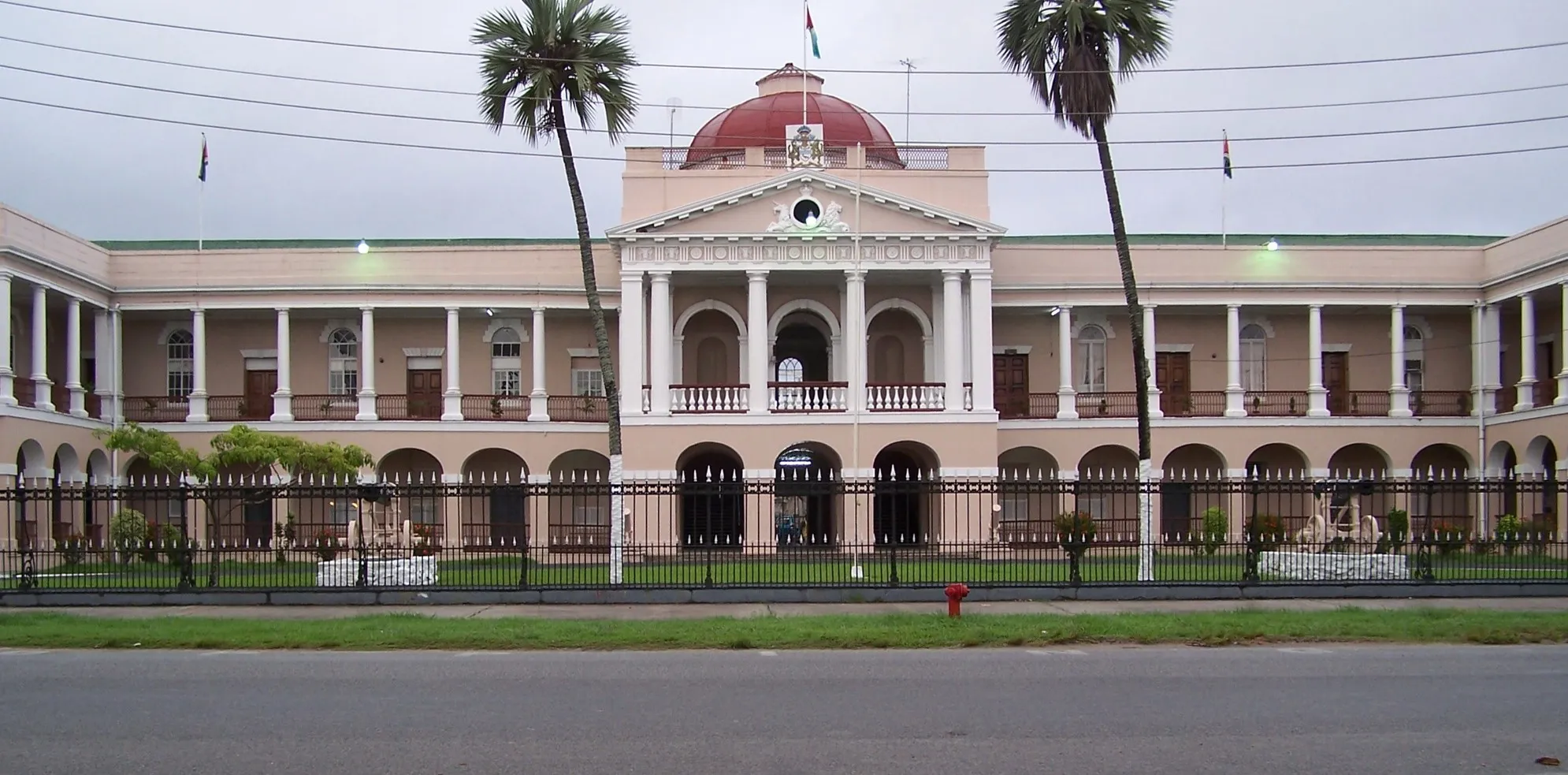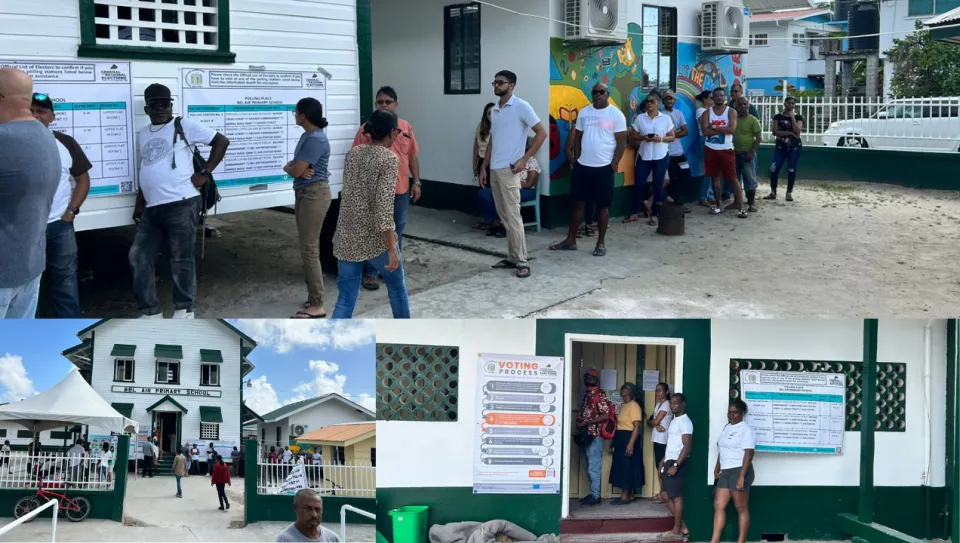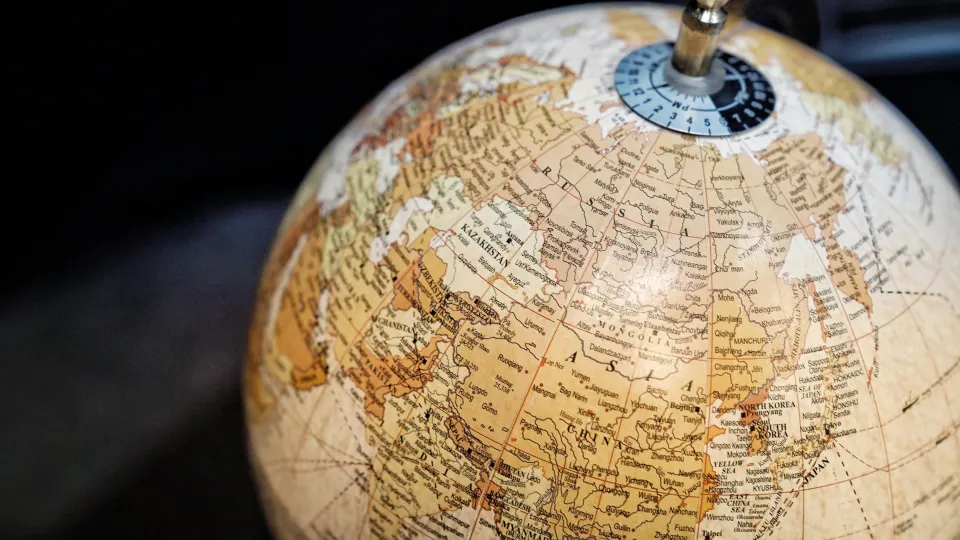Guyana

The discovery of vast offshore oil reserves in 2015 has significantly shaped Guyana’s economic and political landscape. These resources offer the potential to transform one of South America's poorest nations, fueling hopes for sustainable development and prosperity. As the only English-speaking country on the continent, Guyana maintains strong cultural and historical ties with the Anglophone Caribbean.
However, the 2020 general elections exposed vulnerabilities in Guyana’s democratic institutions. Allegations of electoral fraud and irregularities in one of the ten administrative regions led to a prolonged political deadlock. Civil unrest followed, with widespread protests—particularly among youth—after opposition leaders and international observers accused the incumbent president, David Granger of the People’s National Congress (PNC), of attempting to manipulate the results.
After five months of uncertainty, a national recount confirmed Irfaan Ali of the People's Progressive Party/Civic (PPP/C) as the elected president. International observers criticized the electoral management body for its lack of transparency and inability to prevent fraud, highlighting the need for systemic reform.
With the next presidential, regional, and national assembly elections scheduled for September 2025, our mission in Guyana is focused on strengthening civic engagement and electoral integrity. In partnership with the Guyana Elections Commission (GECOM), we are leading a public information campaign to educate voters about the electoral process. We also provide training and resources to civil society organizations to ensure they are well-informed and equipped to support free and fair elections.
Our initiative benefits GECOM, voters, and the broader Guyanese population. We are committed to promoting inclusive representation, with a focus on women, persons with disabilities, indigenous communities, Afro-descendant populations, and youth.
Basic information

What we do
Our experts


